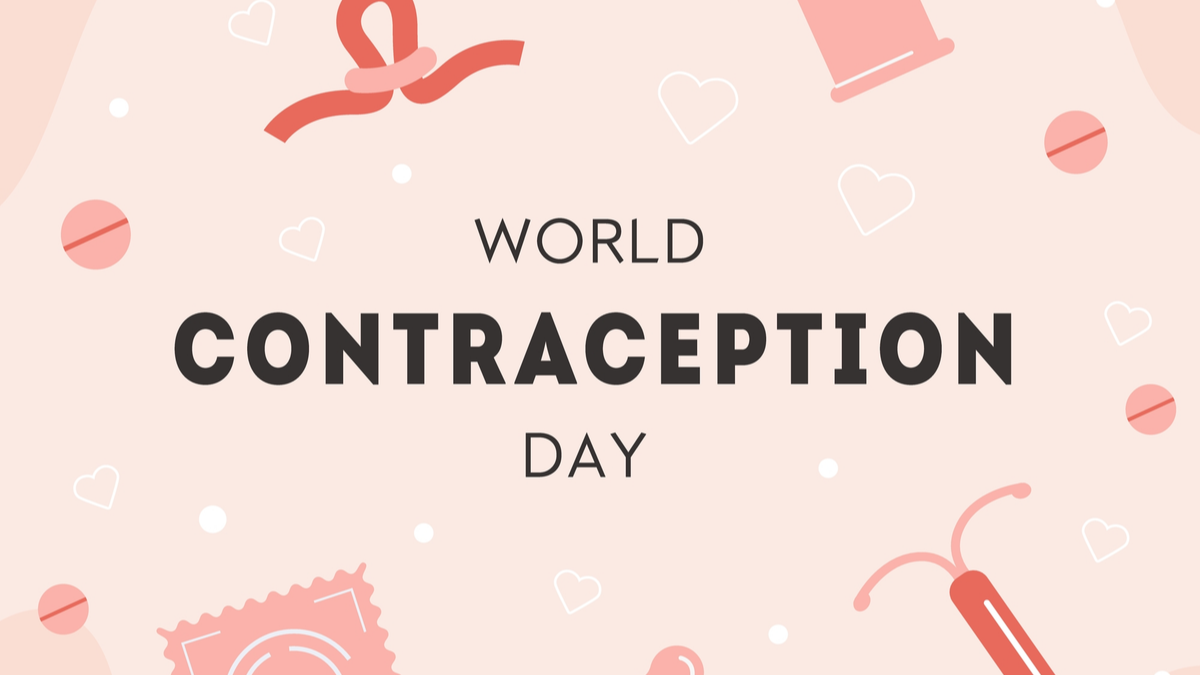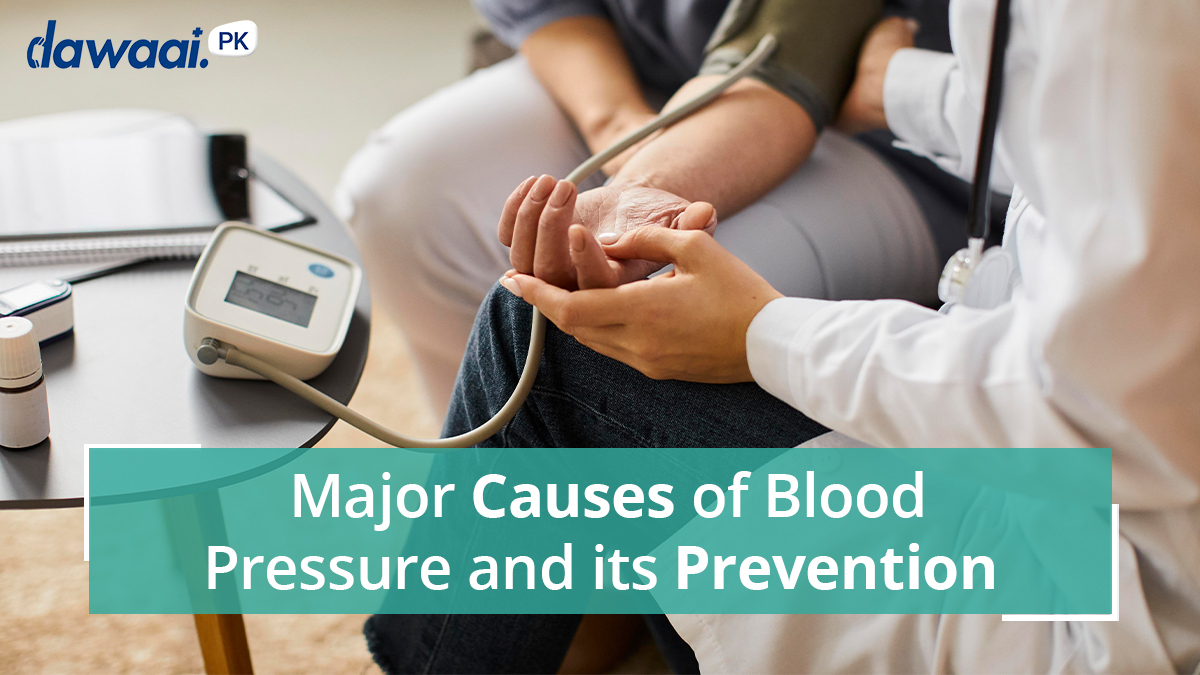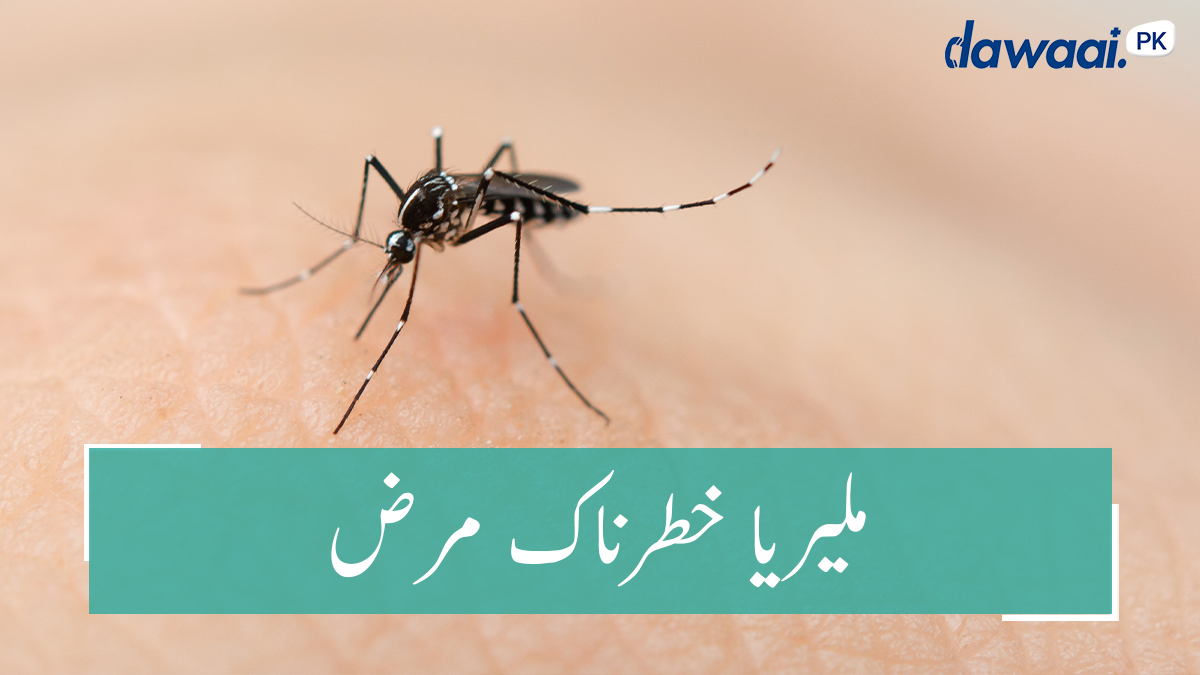Medically reviewed by Dr. Riaz Ali Shah.
This world contraception day, we look at the facts behind a range of birth control methods and debunk widely believed contraception myths.

It is no coincidence that the move for better contraception coincided with the rise of women’s suffrage and feminist theory. Women specially in the subcontinent knew that marriage and childbirth with often tens of children left no time for anything else. Women were frequently pregnant, giving birth, nursing, and then caring for multiple young children, that too if they didn’t die in childbirth.
The recurring stress of childbirth and childbearing took an unimaginable toll on women’s bodies, minds, and emotions. It left little time for education or finding a worthwhile cause outside the home.
Contraception is not seen as acceptable in Pakistan until the first child is born. In fact, decisions about family planning and contraception are seen as matters for the whole family, not just individuals or couples. Norms around marriage and fertility shape family planning decisions, and every act is viewed through this lens where men usually decide if contraceptives are to be used, while women bear the burden of using them and dealing with their side effects.
Enabling men and women to access information, communicate more gender-equitably, and envision a life as equal partners could become the mainstay of messages on contraception and family planning.

Myths Debunked
Birth control is associated with many myths that create unnecessary fear and deter some people from using the most effective birth control for them.
Myth 1: Birth control can make you infertile
No, contraception does not affect your fertility. Hormonal birth control, such as IUDs, pills, patches, and implants can disrupt a woman’s menstrual cycle, however, hormonal contraceptives do not affect fertility and a woman can get pregnant as soon as she is off the contraception.
Myth 2: I’m breastfeeding so I can’t get pregnant
You can still get pregnant while nursing. Breastfeeding raises levels of an anti-ovulatory hormone. During the first 3 months of breastfeeding, one is least likely to conceive, but ovulating can begin earlier, hence, you can get pregnant without a period.
Myth 3: Birth control causes weight gain
Contrary to popular belief, hormonal contraceptives do not cause weight gain. Using a new birth control method can make you feel like you’re gaining weight, even if you’re not. The hormones in birth control may cause fluid or water retention, which can cause bloating and feel like weight gain. Water weight can cause the scale to go up while your body composition stays the same.
Myth 4: Older people do not need birth control
Some people believe they can’t get pregnant because they’re older or have irregular periods. Pregnancy is still possible until 12 months without a period. In contrast to female fertility, males can be fertile well into their 60s, 70s, and beyond. However, age increases the risk of congenital abnormalities and other complications.
Myth 5: The morning-after pill is like an abortion
The morning-after pill is a high-dose birth control pill that prevents pregnancy after sex without using birth control. A morning-after pill is not an abortion. Abortion is a pregnancy termination procedure. Emergency contraception reduces the need for an unplanned pregnancy abortion.
An egg implanting during ovulation and a sperm fertilizing the egg were thought to be two ways the morning-after pill worked. Researchers only know that it delays ovulation, preventing egg release and fertilization. Some people confuse emergency contraception with abortion pills and some anti-contraceptive groups even claim the morning-after pill causes abortions which is absolutely not true.

Gender-responsive family planning programs could have a ripple effect on spaces within communities, families, and intimate relationships that young couples and even older couples may find difficult to navigate. This may help them live the life they want and start a family when they want.
Contraception use has increased dramatically in Pakistan compared to previous years. To increase acceptability and dispel common myths about contraception, efforts must be made to increase knowledge and awareness.
This year on World Contraceptive Day, we must take a step forward on our part and empower people with awareness and urge development agencies and policymakers to use gender-equitable communication as an empowerment strategy. Making decisions together may be easier if both partners are less stressed and can negotiate and communicate openly without preconceptions. A sustained and collective effort in this direction could transform family planning programming and improve awareness of various contraception methods available so couples can make informed choices on their reproductive and sexual health.
CITATIONS.
BlueWaterMedical, 2020. Contraception: Blue Water Medical macquarie fields: Coffs harbour. Blue Water Medical. Available at: https://www.bluewatermedical.com.au/contraception/ [Accessed September 21, 2021].
Gynae-centre, 2021. Can birth control cause infertility? The Gynae Centre. Available at: https://www.gynae-centre.co.uk/blog/can-birth-control-cause-infertility/ [Accessed September 21, 2021].
mottchildren, 2020. Breastfeeding as birth control. Breastfeeding as Birth Control | CS Mott Children’s Hospital | Michigan Medicine. Available at: https://www.mottchildren.org/health-library/hw131799 [Accessed September 21, 2021].
NCBI, 2017. Contraception: Do hormonal contraceptives cause weight gain? InformedHealth.org [Internet]. Available at: https://www.ncbi.nlm.nih.gov/books/NBK441582/ [Accessed September 21, 2021].
plannedparenthood, 2016. The Difference Between the Morning-After Pill and the Abortion Pill. Available at: https://www.plannedparenthood.org/files/3914/6012/8466/Difference_Between_the_Morning-After_Pill_and_the_Abortion_Pill.pdf.
Saas, 2020. Taking(birth)control: Poster. Behance. Available at: https://www.behance.net/gallery/86898939/TAKING(birth)CONTROL-Poster [Accessed September 21, 2021].
Sathar & Casterline, 2021. Obstacles to Contraceptive Use in Pakistan: A Study in Punjab. Available at: https://www.popcouncil.org/uploads/pdfs/councilarticles/sfp/SFP322Casterline.pdf.
UShistory, 2021. The fight for Reproductive Rights. ushistory.org. Available at: https://www.ushistory.org/us/57b.asp [Accessed September 21, 2021].
Womens-health-concern, 2021. Contraception for the older woman. Women’s Health Concern. Available at: https://www.womens-health-concern.org/help-and-advice/factsheets/contraception-older-woman/ [Accessed September 21, 2021].






